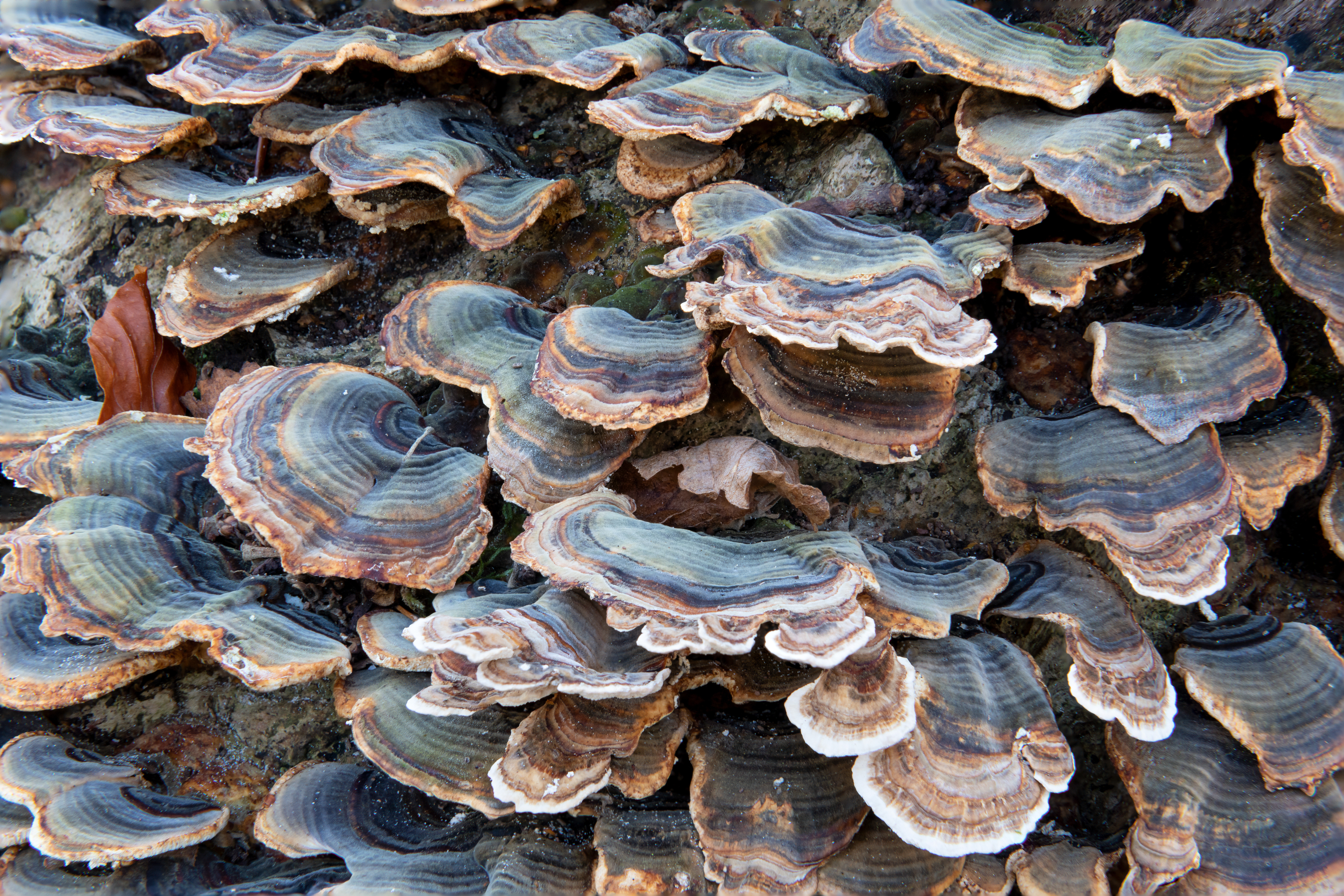Understanding Mushroom Mania
September 2025The array of mushroom products continues to grow – from mushroom coffee to dried powders to gummies – you’re likely seeing more of these products. Stay informed on the latest evidence and uses.
Keep turkey tail mushroom on your radar. Interest in its use for cancer is on the rise – and there’s some promising evidence it may help. It contains two main bioactive polysaccharides – polysaccharide krestin (PSK) and polysaccharide peptide (PSP). PSK has been used as an adjunct to standard cancer therapy in Japan for several decades, in doses ranging from 1 to 3.6 grams daily. Research shows that it might improve response rates and survival in some types of cancer. But it’s not clear if taking the whole turkey tail mushroom helps.
You’ll also hear about lion’s mane mushroom. It remains one of the top-selling, non-psychedelic medicinal mushrooms and is commonly found in coffee alternative products and supplement powders. It’s often touted as a mushroom for the brain – many claim that it improves cognitive function and can protect against dementia. Despite the hype, small clinical trials suggest that lion’s mane mushroom doesn’t improve cognitive function in the short- or long-term. And while there’s interest in its use for dementia, there isn’t any good clinical data showing it helps. For now, the available evidence doesn’t support the hefty price tag on many of these products – some go for upwards of $50 for a 30-day supply.
Finally, we can’t forget cordyceps. This fungus parasite was thrust into the spotlight a couple years ago due to its starring role in the HBO show, “The Last of Us.” While it’s portrayed in a fairly negative light on the show, it’s been studied for a variety of potential health benefits. You’ve likely heard about its use for improving athletic performance. While there are many products available promoting cordyceps for this use, clinical research shows that it doesn’t seem to help. For now, advise skipping these products.
Keep in mind, these 3 products seem generally safe and well-tolerated when used orally and appropriately. But each can have potential interactions with medications. Check out our new medicinal mushrooms resource and mushroom monographs for more details.
And don’t forget we have a 1 hour interactive CE course on Medicinal (Non-Psychedelic) Mushrooms.